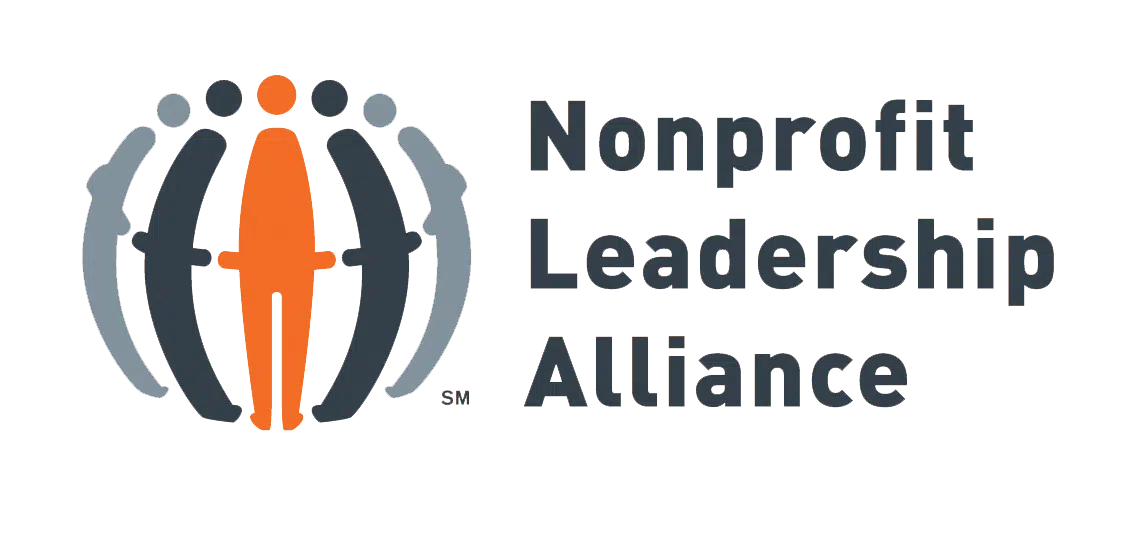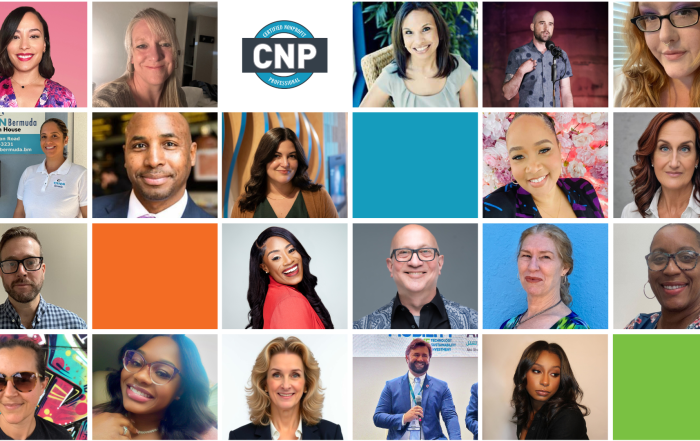Nonprofit organizations are pivotal in driving social change, tackling systemic issues, and supporting marginalized groups. To foster sustainable and equitable progress, it’s crucial to prioritize diversity, equity, and inclusion (DEI) in all aspects of nonprofit operations. This article explores the importance of DEI initiatives in nonprofits, the benefits of embracing such measures, and the challenges and opportunities they present.
Understanding DEI in Nonprofit Organizations
Diversity encompasses the variety of backgrounds and identities within an organization. Equity ensures fair access to opportunities and resources for everyone. Inclusion means creating an environment where diverse individuals feel valued and empowered.
Recent data from the Building Movement Project indicates a lack of diversity among US nonprofit staff and board members, highlighting the urgent need for DEI initiatives.
The Certified Nonprofit Professional (CNP) credential, created by the Nonprofit Leadership Alliance, emphasizes the importance of incorporating DEI principles in nonprofit management. Cultural competency and diversity are core competencies of the CNP program, essential for emerging nonprofit leaders to operate successfully in diverse communities.
Opportunities and Challenges
Prioritizing DEI initiatives can enhance organizational culture, improve decision-making, and increase social impact. By fostering an inclusive work environment, nonprofits can better address the needs of diverse communities, leading to increased community engagement and credibility. The CNP program equips future leaders to integrate DEI practices, ensuring long-term success and sustainability.
While implementing DEI may encounter resistance and resource limitations, it also opens doors for innovation, collaboration, and positive change. The CNP program emphasizes cultural competency as a key leadership trait, enabling effective navigation in diverse settings.
Diverse Perspectives in DEI Nonprofit Initiatives
Valuing diverse perspectives is crucial in nonprofit work. Recognizing and elevating diverse voices fosters more inclusive and equitable workplaces. The CNP program’s emphasis on cultural competency ensures that emerging leaders are equipped to address the complexities of leading in diverse communities.
The integration of DEI principles in nonprofit organizations is essential for promoting social justice, equity, and inclusivity. Through initiatives like the CNP program, nonprofits can develop a talented workforce with the skills and knowledge to lead with diversity, equity, and inclusion at the forefront. Although all of the ten core competencies of the CNP are critical to successful leadership, it is safe to say that none more so than cultural competency, which is really about the ability of leaders to operate successfully in a diverse community with many voices and interests.
As we cultivate tomorrow’s social impact leaders, it is crucial to recognize the responsibility that comes with embracing cultural competency and diversity to create positive change in the communities we serve. It’s not just about creating change; it’s about ensuring that change is positive and inclusive for the communities we serve.
Did you enjoy this story?
Get nonprofit tips and tools delivered right to your inbox by joining The Nonprofit Leadership Alliance Newsletter. Our bimonthly newsletter will make sure you know what’s happening with our network of social sector leaders.
Why Nonprofit Emails Go Unread — And How To Change That
Nonprofit organizations depend on email as a key communication tool for engaging supporters, sharing impact stories, and driving donations. Yet many nonprofit emails remain unopened or ignored, limiting their reach and effectiveness. Understanding the factors
Types of Tools to Strengthen Your Grants Compliance Approach
When grant funding is an important revenue source, grant compliance becomes critical to nonprofit success. Without it, grant funding could be jeopardized, putting vital programs and initiatives at risk. This makes optimizing your grants compliance
Introducing April 2025’s Certified Nonprofit Professional (CNP) Cohort
The Nonprofit Leadership Alliance is proud to introduce April 2025’s Certified Nonprofit Professional (CNP) Professional Track cohort! This group of nonprofit professionals have begun their six-month journey, participating in one of only four cohorts offered



